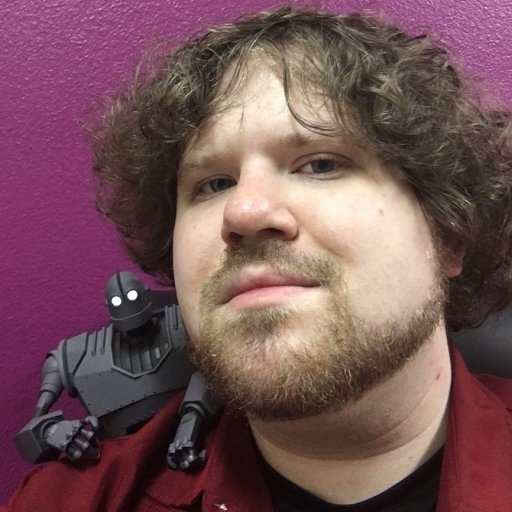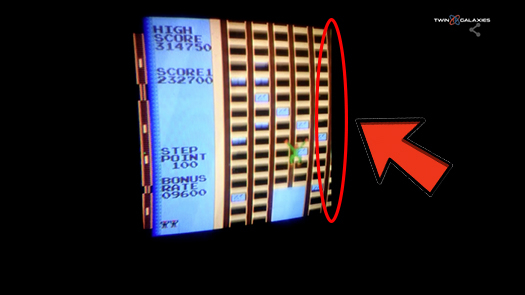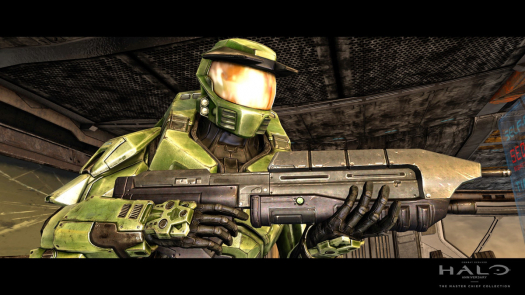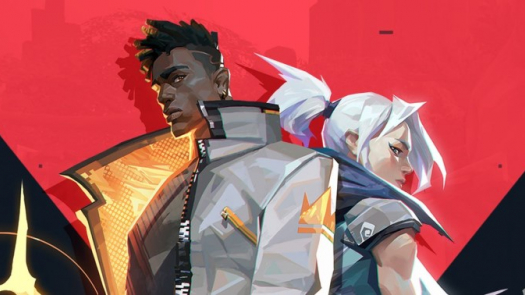In any team game, the reliance on other people to be at their best and sync up with you can be an extra layer of stress on top of your own efforts. It’s why many (this writer included) gravitate towards fighting, battle royale, and other games where you’re really the only one responsible for your success or failure. That said, NGD Studios has been at work to create a game in which the entire strategy of a team can be distilled to the efforts of one player. It’s a time-skipping, clone-heavy venture named TimeWatch that makes for an interesting experiment on the first-person shooter formula.
NGD Studios brought TimeWatch to light with video demonstrations at BIG Festival 2018 in Sao Paulo, Brazil, where players were shown the unique mechanics of this first-person shooter. The game pits two players against one another. In its current state, and when players spawn, they take their pick of pistol, rifle, submachine gun, grenade launcher, or shotgun and take about 15 seconds to make their attempt at gunning down the opposing player and staking their claim on a control point. After that short time is up, players are warped back to their spawn point and a new action begins.
There’s a twist, though. The original actions of the player in that first sequence replay in their entirety as a temporal clone while you carry out the new actions of your second phase. In each phase, players can change weapons, chart a different course, attempt to outplay the first clone, and/or focus their efforts on defeating the second clone. A third phase also takes place with the first and second clone in play. If even one clone manages to survive on the control point at the end of three phases, that team takes the round. The first to three round wins takes the match.
The implications quickly become clear. As a match progresses, players must think from a multi-role point of view on how to strategize and overcome an equally growing team. Will you put one clone out to be vanguard and fodder for attention with a shotgun? Will you keep one back to pick off enemies with the rifle or blow them to bits with the grenade launcher? Will you capitalize on distraction by sending a clone up one of the sides to flank your enemies while they focus on the first set of clones? There are definite possibilities dependent upon how a player arms and strategizes with their clones that can allow for a lot of unique competitive play. In this way, TimeWatch almost plays more like fast-paced, on-the-fly strategy game than a competitive shooter.
TimeWatch is very early in its development and has several months of development left to go, but there are some pretty specific places we noticed that could be improved to boost the game that much more. The available map is very simple and rudimentary – just a small symmetrical arena with basic barricades for cover on either side positioned around the center control point. It allows players to get the idea of the game, but little more. It may be better to feature more complex maps with multiple control points that would force players to make decisions about which spot to focus on with their clones and where to counterplay their opponent to try to take the map.
Another potential issue is the breakneck speed at which games take place. Phases take only seconds and then you’re yanked back to the original respawn point. It can feel incredibly disjointing when you’re first starting, but even after you get used to it, the time of action just feels so incredibly short. One neat thing though is that when everything is done, you get to see all three of your clones in full action carrying out your orchestrated (or chaotic and messy) attempts at a win. It just might feel a little bit better if playtime were extended per phase and the pull back to respawn didn’t feel so jerky and unexplained. For instance, if you save a clone from death, you have an opportuntiy to pick up play from that clone in another phase. This could be better conveyed to new players for sure. As of now, it just kind of happens and you have to know what you're looking at.
In Timewatch: Quantum Shooter Arena we allow players to keep playing after dying in case they manage to save that character from death. pic.twitter.com/sgwQgCplIX
— TimeWatch Game (@timewatchgame) May 18, 2018
Finally, there are the weapons and balance between them. TimeWatch clearly tries to satisfy the general itches of various traditional first-person shooter roles with the long-range rifle, the mid-range SMG, the close-up shotgun, and the supporting grenade launcher. A person that does well at controlling each of these roles would probably do great at this game, but there’s not a good balance between weapons right now. The SMG is far too accurate and fast with its fire for any other weapon to matter as much. In the hands of a capable person, it does the work of the rifle’s range and the shotgun’s damage. The grenade launcher has its uses, but the collision detection on the projectile is a little iffy at this point where if you’re not very clear of any and all obstacles in front of you, the grenade will likely bounce off obstacles in a direction you don’t want (like right back at you).
TimeWatch is a game that cultivates a diverse array of skills. Deadly reflexes and aim is most certainly the first order of any first-person shooter, but there’s an incredibly strategic depth TimeWatch can offer in the scope of a single player progressively crafting a multi-role team and its strategy on the fly. If it’s balanced and built up properly, TimeWatch could create a lot of solid opportunities for head-to-head competition that will challenge even the most hardened of FPS fans to think differently.

One would love to see how players like Austin “Muma” Wilmot of Overwatch League’s Houston Outlaws or retired CS:GO pro and streamer Michael “Shroud” Grzesiek might adapt their unique playstyles and expertise to a set of three “players” in order to win a match. The amount of strategizing and re-strategizing with your moves and your opponent’s moves clearly means TimeWatch has a lot of opportunities to offer players of various skills and backgrounds that master their own unique approaches to it.
It will be interesting to see how TimeWatch evolves as development continues. There’s still time to polish the game, and the concept offers layers that few other shooters provide. If it can be put together properly, TimeWatch will be a competitive game well worth following.
You can find out more about TimeWatch or sign up to join in the Closed Alpha on its official website, as well as follow the latest on the game on its Twitter and Facebook. You can also join in with other fans, players, and the dev team at TimeWatch's official Discord.
Want to check out further physics-bending, first-person shooter action? Check out our interview with the folks behind Wormhole Wars!







